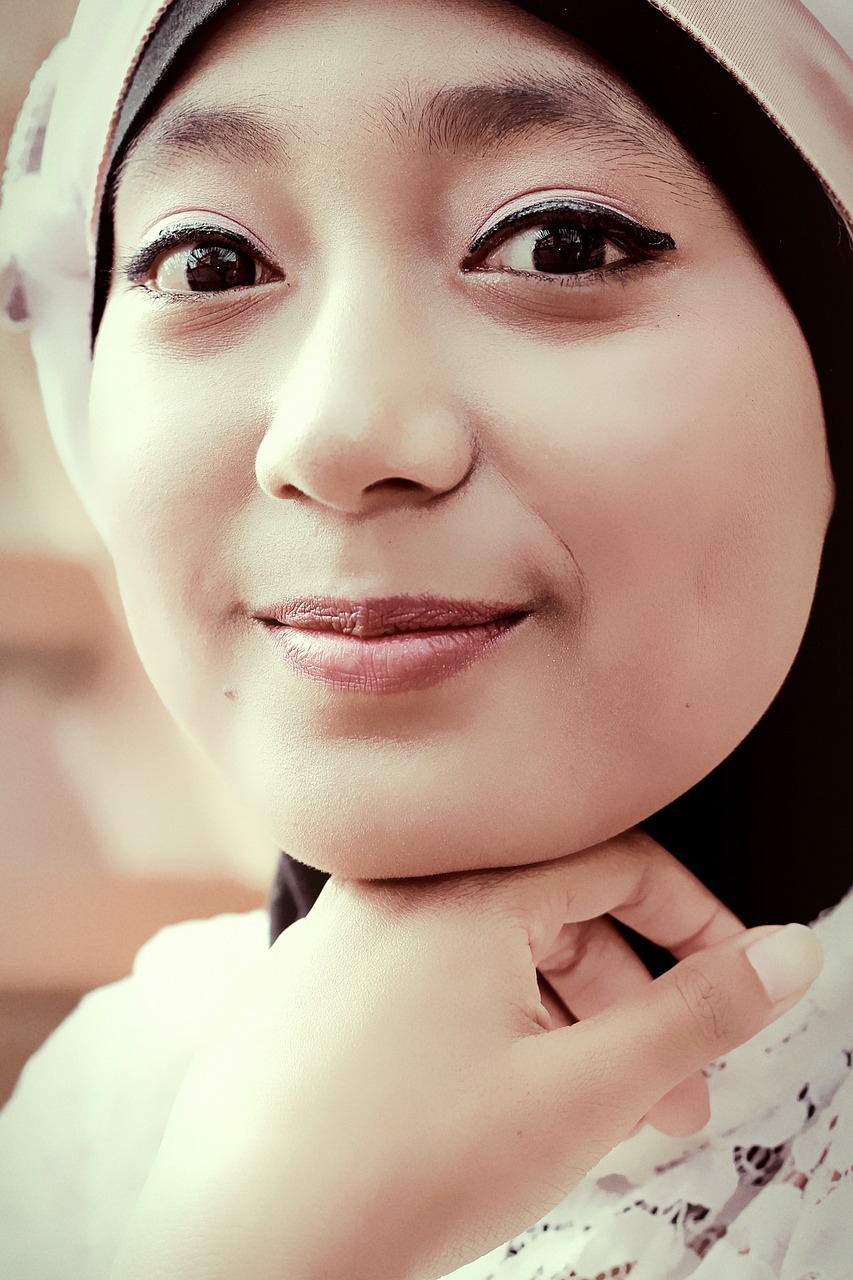When three Bethnal Green schoolgirls left the UK to join ISIS earlier this year, I was appalled. They had lived and gone to school just over a mile away from where I was brought up and, like so many others, I found it incomprehensible that modern British girls would be attracted to a belief system that states that women are completely inferior and subservient to men; existing only to serve Jihad fighters as wives.
My friend Aisha (cover name), was also deeply affected by what she was seeing.
Also a journalist, she too couldn’t comprehend how and why young people – many with the same backgrounds as ourselves – could not only reject their own families, but also the British values like secularism and democracy that they had grown up with and allowed them to practice their faith and exercise their right to free speech so freely and openly. To make sense of it, we began to research the Channel 4 documentary which caused shock-waves last week. Aisha went undercover to investigate.
Through patience, dedication and commitment, we slowly gained the trust of a key group of women. By hiding our identities in the ‘virtual’ world of twitter we would reach out to them, liking their statuses and tweets, sharing, re-tweeting and creating a sort of ‘girly’ friendship bond. Soon enough, we gained the respect of Umm L, Umm Usmaan and Umm Saalihah as well as others in the concentric circles of the fifth column female disseminators living right here. Aisha painstakingly bided her time over a number of months. It requires immense patience to create a relationship with the women who trust almost no-one and publicly call out those who they think are spies or journalists. Aisha was wary of asking too many questions; gaining their confidence by answering all the questions they had regarding her.
After helping them leaflet at an ‘Islamic roadshow’ in Lewisham, Aisha was invited to their study circles. Captured just weeks before the attacks in Paris, her undercover footage shows some of the leading female Islamic State sympathisers who, in weekly two-hour lectures, use racially abusive language to describe Jews and Israelis and urge young Muslim women to travel to Syria to join ISIS.
After 12 months infiltrating these groups, I have learnt that the threat from these women and their role in the jihadi war has been severely underestimated.
These seemingly well-integrated women – one was a careers advisor – are charming, persuasive and convincing. Groups like ISIS understand this and are capitalising on their pulling power. The ‘softening up’ effect of these messages on women is important to recognise. Women glorifying jihad to not just other young girls, but also to their very small children is particularly worrying.
I truly believe ISIS want to split the world into two camps; ‘us versus them’ and engender the kind of hatred that resulted in the vicious verbal attack on a young British Muslim woman, Ruhi Rehman last week on the Metro in Newcastle.
After Paris, Isis must have known hate crimes against Muslims were going to rise; it’s what they were counting on – the rejection and vilification of Muslims.
If people turn on each other now, that will be a victory for them. More than ever, we need to stick together which is why I was so heartened to hear how the passengers on that Newcastle train came to Ruhi’s rescue. That, for me, demonstrates British values of liberty and tolerance at their best. Surely that ideology is our best defence against terror.






